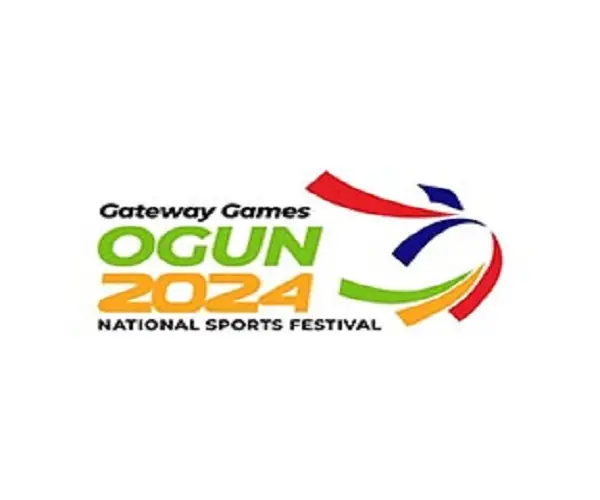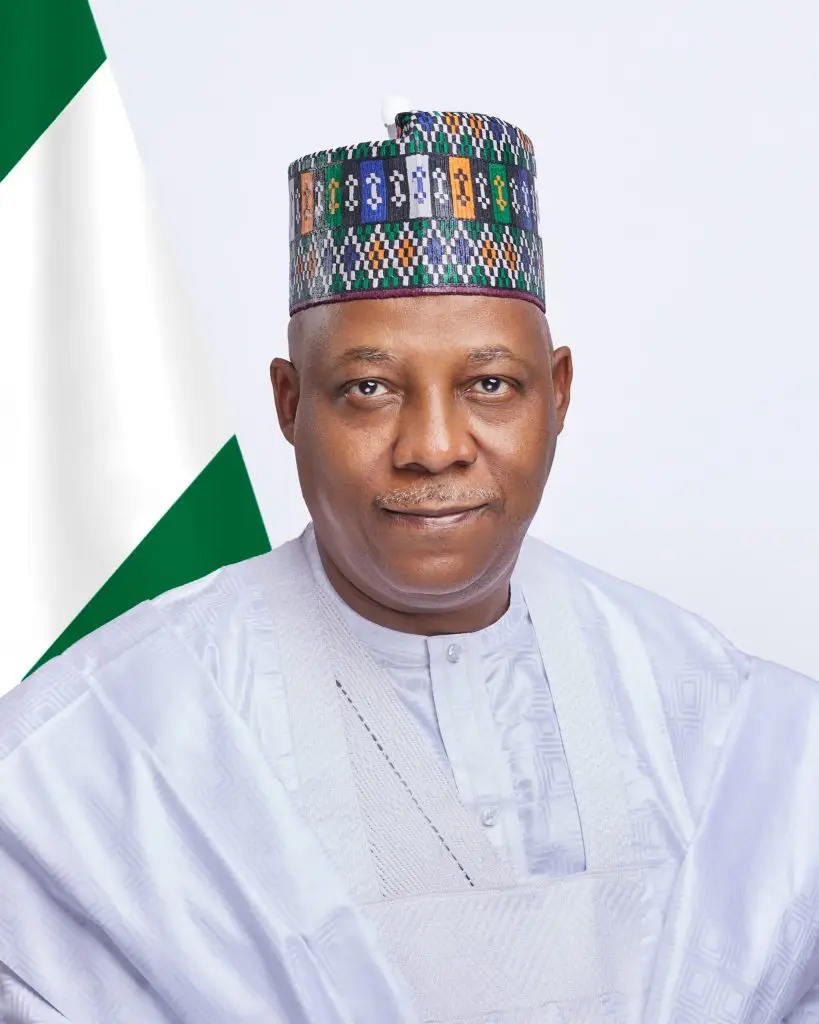Issa Hayatou has resurrected in Morocco at the CAF Executive Committee meeting taking place in the city of Rabat.
This time around, instead of haunting all his opponents as was the case for the many decades of his endless, autocratic reign, Issa’s ghost is being haunted by his past.
The anti-Hayatou sentiments in African football are so high and pungent that everything he ever touched is likely to be altered one way or the other if the present CAF executives, led by Ahmad Ahmad, were to have their way.
Issa Hayatou has become bad news in CAF.
IT is the hand writing of the FIFA president, Gianni Infantino, that seems now to be all over CAF. Ahmad who must be reading a page from Infantino’s book on his vision for football.
The first major decision of CAF under Ahmad is to adopt Gianni’s expansion formula – increasing the number of participating countries at the African showpiece championship, Afcon, to 24.
CAF is even going a step further by implementing the new format immediately. Unlike FIFA’s decision to start implementation of the new 48-nations format after the next two World Cups that had been awarded already to Russia and Qatar, Afcon 2019, slated for the Cameroon, will be used to test the new format.
Many people see this as Ahmad’s way of paying back Issa Hayatou in his own coins.
When the hosting rights of the last Africa Under-17 championships was first awarded to Madagascar and later moved at the last minute to Gabon by CAF under Issa Hayatou, many people believed it was because Ahmad had dared to announce he was going to run against Issa for the presidency of CAF in the last elections. The official reason given was that Madagascar were not ready. The truth is that no one dared Issa and got away with it.
Now the tables are turned. Cameroon, with Issa as President of CAF for almost three decades, were awarded the hosting right of the 2019 African Cup of Nations, only for the second time in their history, despite being one of the foremost contributors, in terms of achievements at international level, to Africa’s place in World football. The 2019 version was designed as Issa’s parting gift to his country.
With one ‘innocuous’ stroke, by simply taking the decision to start implementing the expansion formula of increasing the number of participants to 24 with immediate effect from the next edition of Afcon, the 2019 championship has been inadvertently and effectively taken away from Cameroon.
In the two years to the championship from now, it is simply too short for the central African country to put together the resources and the facilities to host an expanded Afcon! For many decades the country could only boast of one truly standard, class stadium in Yaounde. The other two in Douala and Garoua were sub-standard and were to undergo total renovation for the 2019 Afcon. Two new stadiums were on the drawing board. Now this!
To host 24 national teams would now require more of everything – funds, personnel, infrastructure, facilities, and so on.
In the summer of 2019 Africa should prepare to go to probably Egypt or Morocco for the Afcon!
Beyond the new format for Afcon, CAF is also considering adopting the summer period in the northern hemisphere, June/July, for the organization of the African Nations Cup championship to fit into Europe’s programmes that have been in conflict with it throughout Issa’s time as president.
Issa refused to change the timetable and many European clubs ‘suffered’ from loss of their African players during the peak periods of their league as a result of Afcon holding in January/February.
At last, Ahmad has agreed with Infantino for a harmonization of the schedules.
My take on these two decisions are these: any change that will impact African football positively is welcome. These two major ones hopefully will.
However, I would have thought that a study would have been conducted first to understand the full implications of these decisions. Why not borrow a leaf from FIFA’s example and start implementation after the present awarded championship is concluded?
Of course, who does not know that there will be serious implications for this expansion. Hosting by several already impoverished African countries is likely to become more of a burden than a blessing.
There is the argument that meeting the new challenge will help accelerate massive infrastructural developments in the African countries, but following previous experiences, such lofty thoughts never become reality.
Only very few African countries will be able to host a proper championship with this new format. Unless of course, my 2003-prophetic proposal for a multi-nation hosting of the World Cup (and the African Cup of Nations under this new format) is quickly revisited.
My concept for 5-nation West African World Cup (Nigeria, Benin, Togo, Ghana and Cote D’Ivoire) was shot down then by those that did not see into the future. Now, it is inevitable that even the World Cup would have to go that way. I am very happy Gianni Infantino is singing that new tune and the rest of the world will soon join the chorus.









Latest Comments